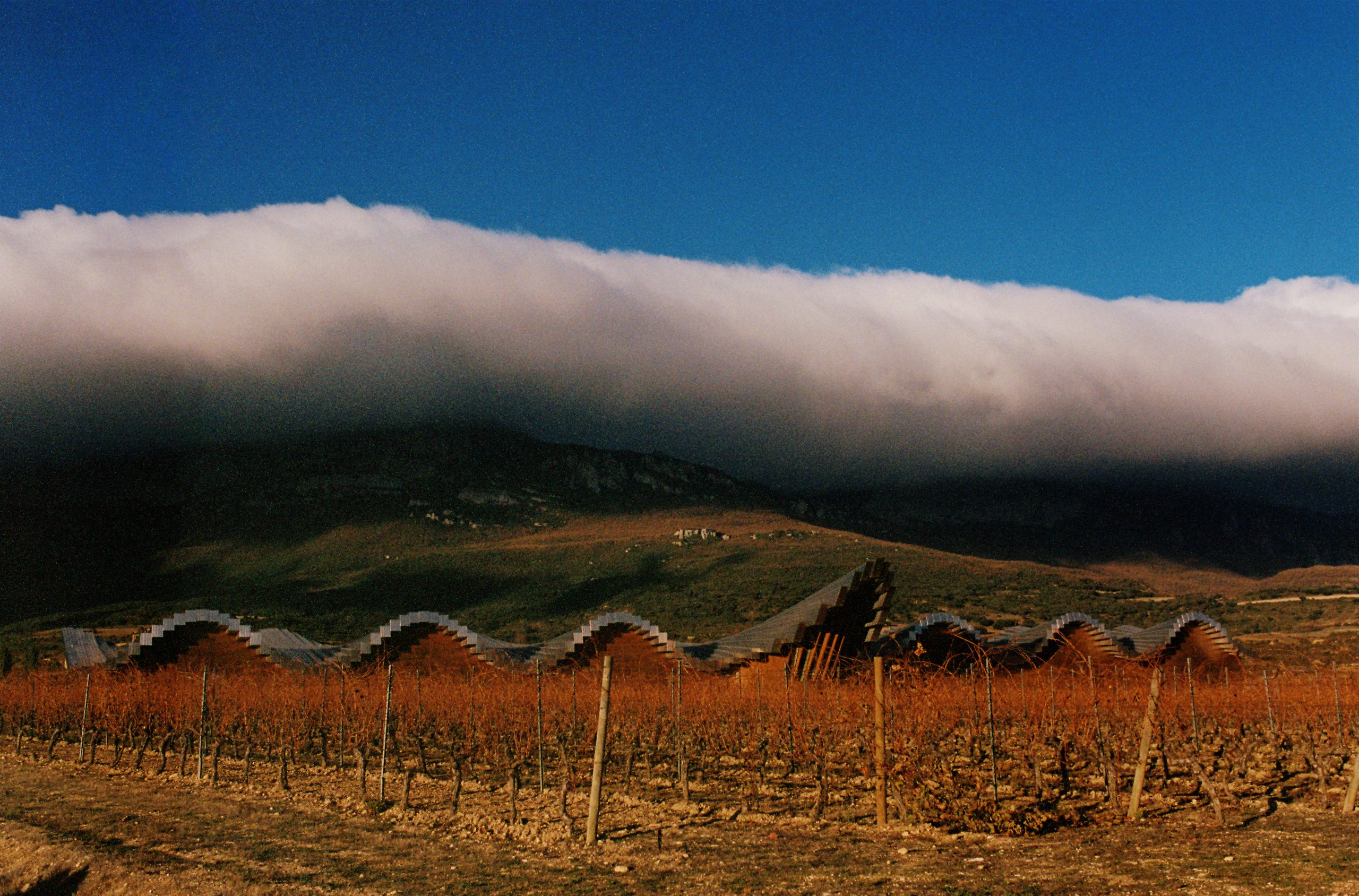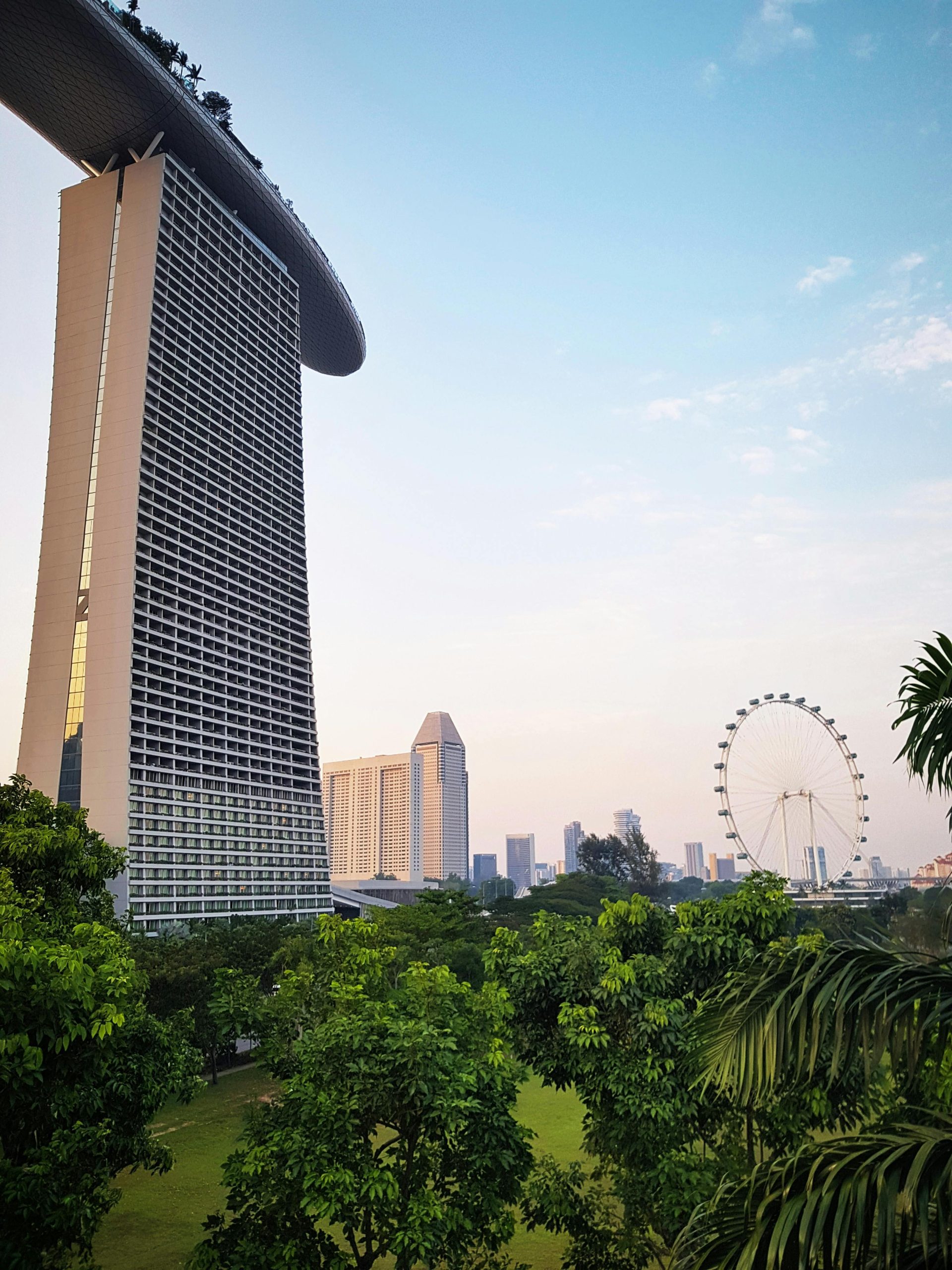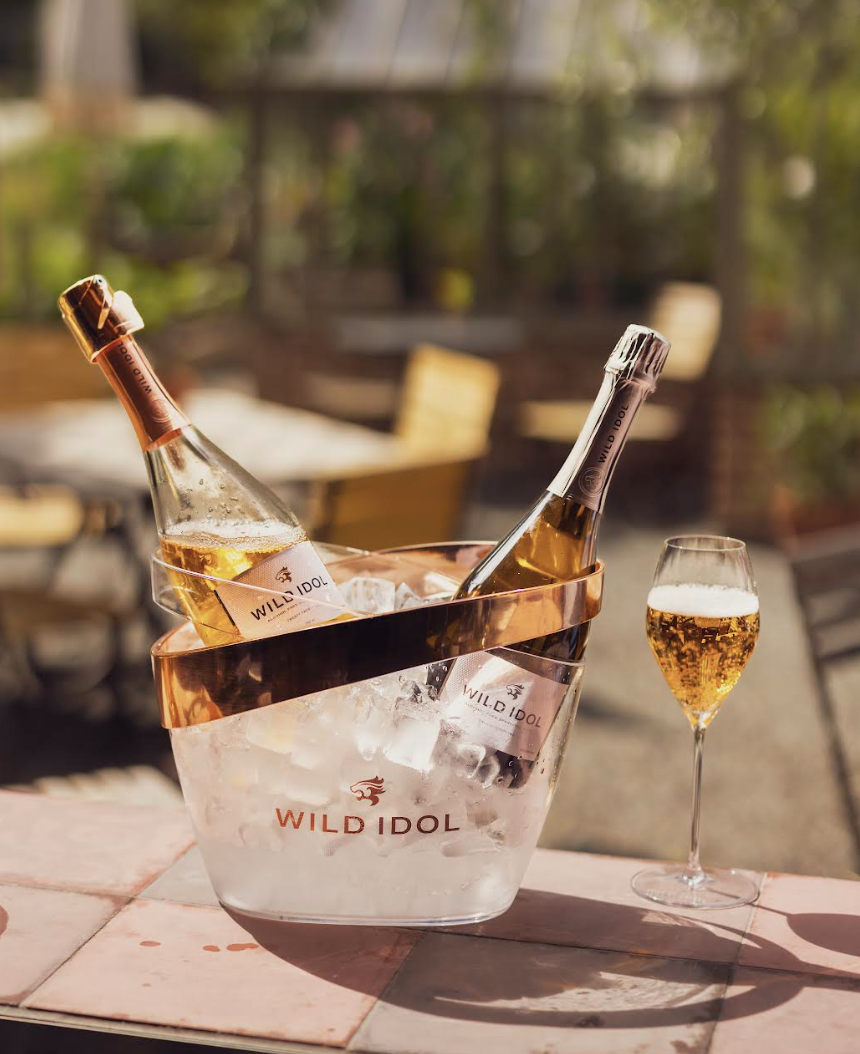Beaujolais’ largest estate sold for first time in 300 years
One of Beaujolais’ largest wine estates has been sold, the first time it has changed hands in more than 300 years.
Château de La Chaize, which has been in the hands of its founding family since the 1670s, has been sold to Lyonnais construction, infrastructure engineering and hospitality group Maïa Groupe for an undisclosed sum, according to French newspaper Le Progrès. The Maïa Groupe, which was founded in 1908 and has a turnover of around a hundred million euros, is owned by the Gruy family.
The chateau, which is situated at Odenas, comprises 99 hectares of vines set within the 250 hectare estates and produces exclusively gamay grapes, with 50% of the vines aged over 40 years old. It produces around 8% of the total production of wine in the Brouilly appellation, according to French news site, Terre de Vins. As well as being the largest single plot château in Burgundy, the château has the longest vaulted cellar in Beaujolais.
“We decided, as a family, to sell the estate. It was necessary to seize this opportunity to privilege the permanence of the place,” the château’s owner Caroline de Roussy de Sales told Le Progrès.
The château and gardens, which were listed as national monuments in 1972, were laid out by the architect and gardener of Versailles, Jules-Hardouin Mansart and André Le Nôtre and finished in 1676.
Partner Content
Although the sum paid for the estate has not disclosed, Sébastien Jacquemont of Vinéa Transaction described the transaction as “exceptional” pointing out to Terre de Vins that the average size of estates in Beaujolais was nine hectares, with prices in the appellation reaching between 65,000 and 75,000 euros per hectare.
According to Le Progrès, the new owners are planning to convert the estate to organic production.




